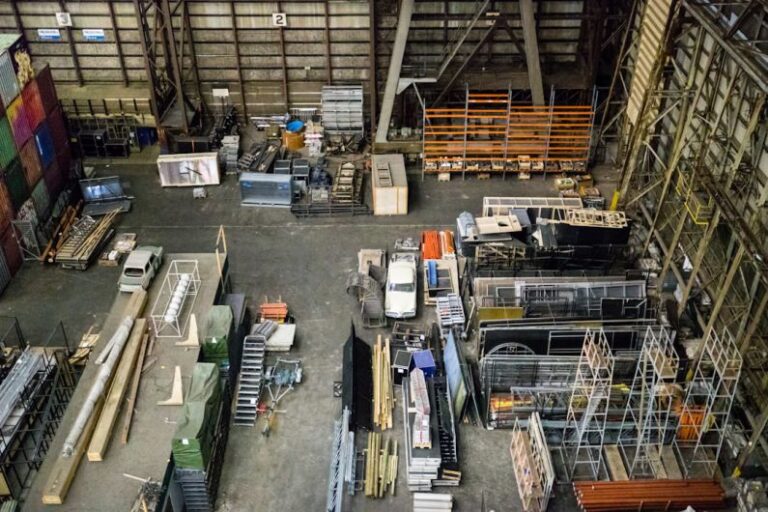The Advantages of Using Drones for Delivery
Innovative technology continues to revolutionize various industries, with one of the most significant developments being the use of drones for delivery purposes. Drones, also known as unmanned aerial vehicles (UAVs), offer a range of benefits that have the potential to transform the way goods are transported from one point to another. This article delves into the advantages of using drones for delivery and how they are reshaping logistics and supply chain operations.
Enhanced Speed and Efficiency
One of the primary advantages of using drones for delivery is their ability to significantly reduce delivery times. Unlike traditional delivery methods that rely on ground transportation, drones can bypass traffic congestion and other obstacles, allowing them to deliver packages swiftly and efficiently. This increased speed can be particularly valuable in time-sensitive situations, such as medical emergencies or urgent deliveries.
Moreover, drones are not bound by the limitations of traditional delivery routes. They can take direct routes to their destinations, cutting down on unnecessary detours and minimizing the time required for delivery. This streamlined approach not only enhances delivery speed but also reduces operational costs for businesses.
Cost-Effective Delivery Solutions
In addition to improving delivery speed, drones offer cost-effective delivery solutions for businesses of all sizes. Traditional delivery methods often involve high operational costs associated with fuel, maintenance, and labor. By contrast, drones are powered by electricity and require minimal human intervention, resulting in lower operational expenses.
Furthermore, drones can cover long distances in a fraction of the time it would take a traditional delivery vehicle, reducing overall transportation costs. This cost efficiency makes drones an attractive option for businesses looking to optimize their logistics operations and improve their bottom line.
Access to Remote Areas
Drones have the unique capability to access remote or hard-to-reach areas that may be challenging for traditional delivery vehicles to navigate. This accessibility is particularly beneficial for delivering essential supplies to rural communities, disaster-stricken areas, or locations with inadequate infrastructure.
In situations where roads are impassable or unsafe, drones can provide a reliable and efficient means of delivering goods, ensuring that critical supplies reach those in need. This expanded reach enhances the delivery capabilities of businesses and organizations, allowing them to serve a more extensive customer base.
Environmental Sustainability
The use of drones for delivery aligns with the growing emphasis on environmental sustainability in logistics and transportation. Traditional delivery vehicles contribute to carbon emissions and air pollution, whereas drones operate on clean energy sources and have a minimal environmental footprint.
By utilizing drones for delivery, businesses can reduce their carbon footprint and contribute to environmental conservation efforts. This eco-friendly approach not only benefits the environment but also enhances the public perception of businesses as socially responsible entities.
Improved Safety and Security
Drones offer enhanced safety and security features that can mitigate risks associated with traditional delivery methods. With real-time tracking and monitoring capabilities, businesses can ensure the safe and secure delivery of packages to their intended recipients.
Moreover, drones are equipped with advanced technology, such as obstacle avoidance systems and geofencing mechanisms, to prevent accidents and unauthorized access to packages. These safety measures enhance the overall reliability of drone delivery services and provide peace of mind to both businesses and customers.
Embracing the Future of Delivery
As technology continues to advance, the use of drones for delivery is poised to become increasingly prevalent in various industries. The advantages of using drones for delivery, including enhanced speed and efficiency, cost-effective solutions, access to remote areas, environmental sustainability, and improved safety and security, make them a compelling choice for businesses seeking to optimize their delivery operations.
By embracing the potential of drone technology, businesses can revolutionize their logistics and supply chain processes, offering faster, more cost-effective, and environmentally friendly delivery solutions. As drones continue to evolve and become more integrated into delivery systems, they have the potential to reshape the future of transportation and redefine the way goods are delivered worldwide.






